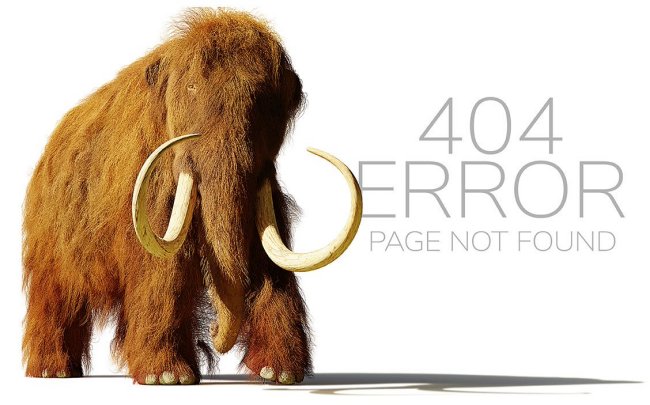
There's been a Mammoth Mistake.
Like the mammoth, this page seems to be extinct.
But while we're on the topic, come explore the secrets of mammoth island with Discover.
Or take a look at our latest coverage in the area of The Sciences, Health and Planet Earth. Interested in something else?
We can always take you home.
Copyright © 2024 Kalmbach Media Co.